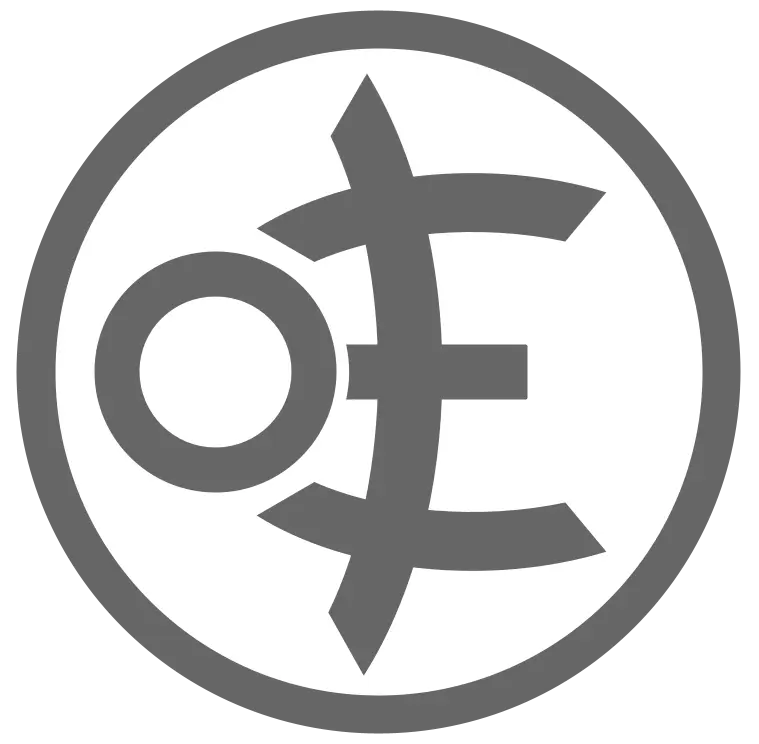

I did not know those existed. But I’m not surprised Emacs users would be seeking them out.
Nor am I surprised that an entire writeup on Emacs-triggered hand strain is one of the hyperlinks on the article you linked.


I did not know those existed. But I’m not surprised Emacs users would be seeking them out.
Nor am I surprised that an entire writeup on Emacs-triggered hand strain is one of the hyperlinks on the article you linked.


I, on the other hand, will start a sentence, – something like, “but regardless, what really gets overlooked is…” – and realize that from word 1, I didn’t even have the concept of a point.
I realize, in that moment, that I was ENTIRELY reciting tokens.


Alternatively, it’s possible cell companies like T-Mobile will lobby against these anticompetitive agreements, since it does reduce their number of potential customers. I don’t like cell company lobbying any more than ISP lobbying, but in this case, let them fight.
Something tells me T-Mobile’s got a little too much class solidarity to have any interest in reducing the profits of Charter Communications.


Duly noted. I’ve subscribed to the writing prompts community.


Oh! You could call yourselves


I don’t know. The name feels weird. I could see calling your community,
I know why: <Ctrl> and <Alt> are further from the home row than <Shift>. <Shift> is millimeters from the pinkie finger on either side. Your pinkie can reach that thing while the other three fingers stay put. <CapsLock> is in a similarly easy position, (and, in fact, another bit of Emacs advice I ran across is “switch <CapsLock> with <Ctrl>”, which feels like it wouldn’t be “often recommended” for Emacs users if default Emacs was conducive to the standard qwerty keyboard layout.)
The bottom row of the keyboard is just too far from the home row. <Right Alt> strains my right hand so much that I rarely reach for it instinctively, and using my left? Gotta say, whoever chose (zap-to-char) and (scroll-down-command) as the punishments upon any failed attempt at reaching M-x really knew how to intimidate the newcomers and the slow-learners (like me) to these heavy-duty text editors.
The same story goes for <Ctrl>. The Odyssey that stands between my right pinkie and <Right Ctrl> is so easily blown off-course that said pinkie never volunteers to embark when I think “<Ctrl>” for fear it will never see its wife Penelope again… which means I end up typing C-x (and all that follows) entirely with my left hand… which stretches my left hand off the home row and trashes my accuracy.
But I feel like I should note at this point: I have large hands and unusually broad shoulders, and if one of my hands is resting on the home row in a comfortable position (75-80 degrees), the other one is reaching the home row at a stark diagonal (50-60 degrees). Maybe I’m the unusual one. Maybe I’m a rare kind of person who needs to be using a rare keyboard to accommodate my stature. And maybe everyone else can use Emacs just fine (… though, again, I note: there are a few too many ergonomic hacks for Emacs available online for that to be the case).
Main point: for me – and apparently a decent number of forum users giving each other Emacs advice online – the bottom-row modifiers are hard to hit. And it should come as no surprise, considering how far those keys are from the home row.